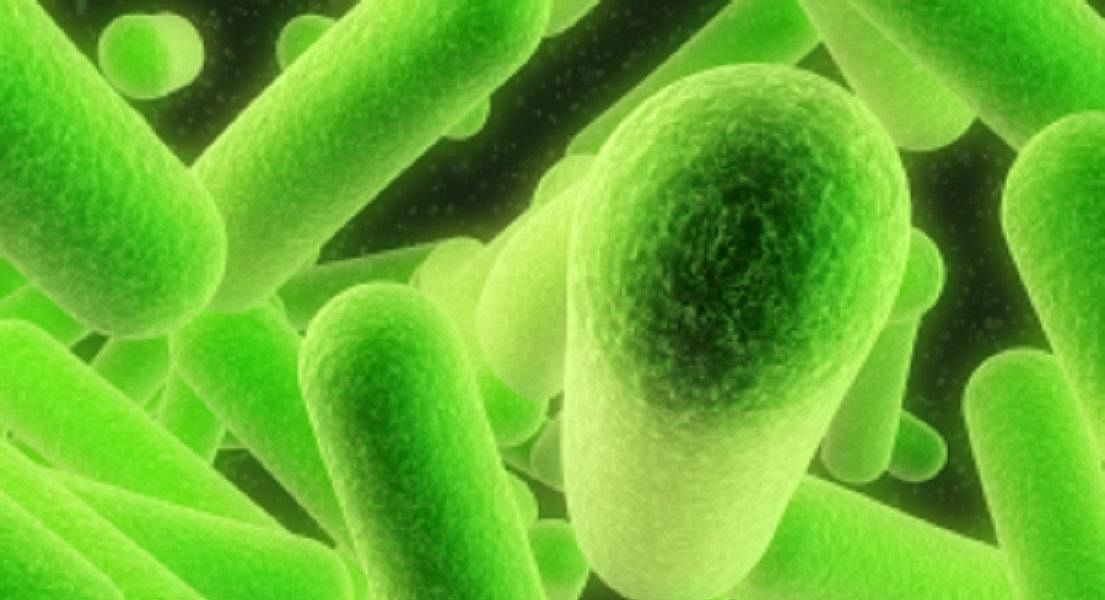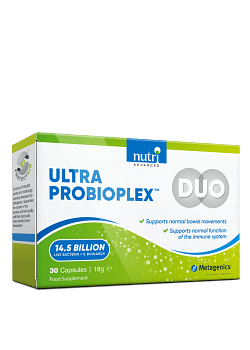Candida - The Facts
Why you can trust Nutri Advanced Every article on our site is researched thoroughly by our team of highly qualified nutritionists. Find out more about our editorial process.
Could Candida be causing your health problems?
So what is Candida?
Candida albicans is a common yeast that lives naturally and in harmony in our intestines. In women it is also found in the vagina. It is kept in check by the beneficial bacteria that co-exists with it. However, under certain circumstances, it can become what is known as an “opportunistic pathogen” and produce a wide array of symptoms.
How does it get out of hand?
There are several factors which can cause Candida albicans to overgrow. Frequent use of steroidal drugs and antibiotics can depress the levels of beneficial bacteria. Oral contraceptives induce hormone changes which can increase candida levels. Diets high in nutrients on which yeast thrive (ie sugars and other refined simple carbohydrates) encourage yeast overgrowth. Factors which depress the immune system can allow the opportunistic pathogen to multiply - steroidal drugs, frequent infections and a poor diet in general.
How do I know I’ve got Candida?
Symptoms of candida overgrowth can be very diverse. The yeast cells are thought to have fungus-like properties and attach themselves to the intestines by “roots”. This causes damage to the wall of the intestine making it “leaky” and allowing particles of partially digested food to pass through into the blood stream. This leads to an immune reaction and inflammation which causes symptoms like bloating, migraine, diarrhoea and other allergy type reactions. Bacteria can ferment undigested food particles which leads to further bloating and flatulence. Candida produces toxic by-products which weaken the already compromised immune system and leave the sufferer fatigued and drained. One of the toxins is acetaldehyde, which is the same chemical found in excessive amounts in cheap wine and is responsible for hangovers. Many candida sufferers often report feeling chronically “hung over”. Other problems associated with candida are frequent nose, ear and throat infections, mood swings, premenstrual syndrome, muscular aches and pains and cravings for sweet sugary foods, as well as frequent urogenital infections including itching and discharge.
How can I treat Candida?
In order to bring candida under control naturally, various methods may be employed. A low yeast, low carbohydrate diet, coupled with nutritional supplements to help boost the immune system, along with natural antifungal agents to destroy the candida, and probiotics (which are beneficial bacteria to help redress the balance of the gut) can all be used simultaneously.
Anti-Candida diet
A low yeast, low carbohydrate diet is one that eliminates all foods containing these substances - wine, vinegars, marmite and bread made with yeast. Carbohydrates are found in many foods - pasta, bread, biscuits, sweets, sugars, cakes and sugar itself. Speak to your health care practitioner for more information on such a diet.
Boosting the Immune System
Nutritional supplements which help to boost the immune system are extremely important in an anti-candida regime. Beta glucans, derived from the cell walls of a proprietary strain of yeast Saccharomyces cerevisiae, can help support the immune system.
Different mushrooms, including Reishi and Shiitake, have a long history of traditional use and contribute to immunological defences. Vitamins A, C and D, and the mineral zinc may also help strengthen the immune system.
Natural Antifungals
Supplements which contain natural antifungal agents should also be employed during an anti candida regime. Garlic, citrus seed extract and caprylic acid are three well known, antifungal agents. The culinary herbs oregano, basil and thyme may be helpful in eliminating a yeast overgrowth. Other nutrients such as niacin, manganese and molybdenum can also be included as these help the body detoxify the bi-products of candida.
Probiotics
Lactobacillus acidophilus and Lactobacillus bifidus are beneficial micro- organisms that help to keep candida under control. When in good supply they aid digestion, produce certain vitamins and prevent candida from proliferating. By taking these probiotics as a supplement, the normal balance of friendly bacteria can be restored and thus the candida organism can be kept at bay.
High Strength Enzymes & Saccharomyces boulardii
The newest research supports the use of a combination of specially selected enzymes, cellulase, hemicellulase, protease, amylase and glucoamylase in combination with a beneficial probiotic organism called Saccharomyces boulardii to successfully eradicate elevated levels of candida.
Do you suffer from any of the following symptoms of ill health?
• Headaches
• Fatigue
• Constipation
• Bloating
• Vaginal thrush
• Sensitivity to perfumes, chemicals and tobacco smoke
• Feelings of irritability
• Depression
• Recurrent sore throats
• Nasal congestion
• Joint swelling and discomfort
If so you could well be suffering from a yeast overgrowth commonly known as candida.
This website and its content is copyright of Nutri Advanced ©. All rights reserved. See our terms & conditions for more detail.
Nutri Advanced has a thorough research process and for any references included, each source is scrutinised beforehand. We aim to use the highest value source where possible, referencing peer-reviewed journals and official guidelines in the first instance before alternatives. You can learn more about how we ensure our content is accurate at time of publication on our editorial policy.
Most Popular Articles
-
7 Surprising Ways To Support Your Magnesium
If you are displaying signs of a magnesium deficiency, here are 7 ways to boost your magnesium levels that are easy to incorporate into your daily life. -
5 Best Vitamin C Supplements Picked By Our Experts
Learn more about the different types of vitamin C, the different benefits you get from different types, and what you get for spending more on a good supplement. -
Top 5 Vitamins For Energy And Tiredness Picked By Our Experts
The 5 best and most important vitamins for energy & tiredness including B vitamin food sources & best supplement forms for energy. -
Benefits of Myo-Inositol for Polycystic Ovary Syndrome (PCOS)
In this research review article, we take a closer look at a lesser-known natural compound called myo-inositol that has been found to have significant potential to improve many of the prevalent features of PCOS. -
Top 10 Reasons to Give Your Kids Omega-3
Read the top 10 reasons that kids should have plenty of Omega-3- an essential fatty acid- including for depression, brain function, sleep & reading/maths skills.














